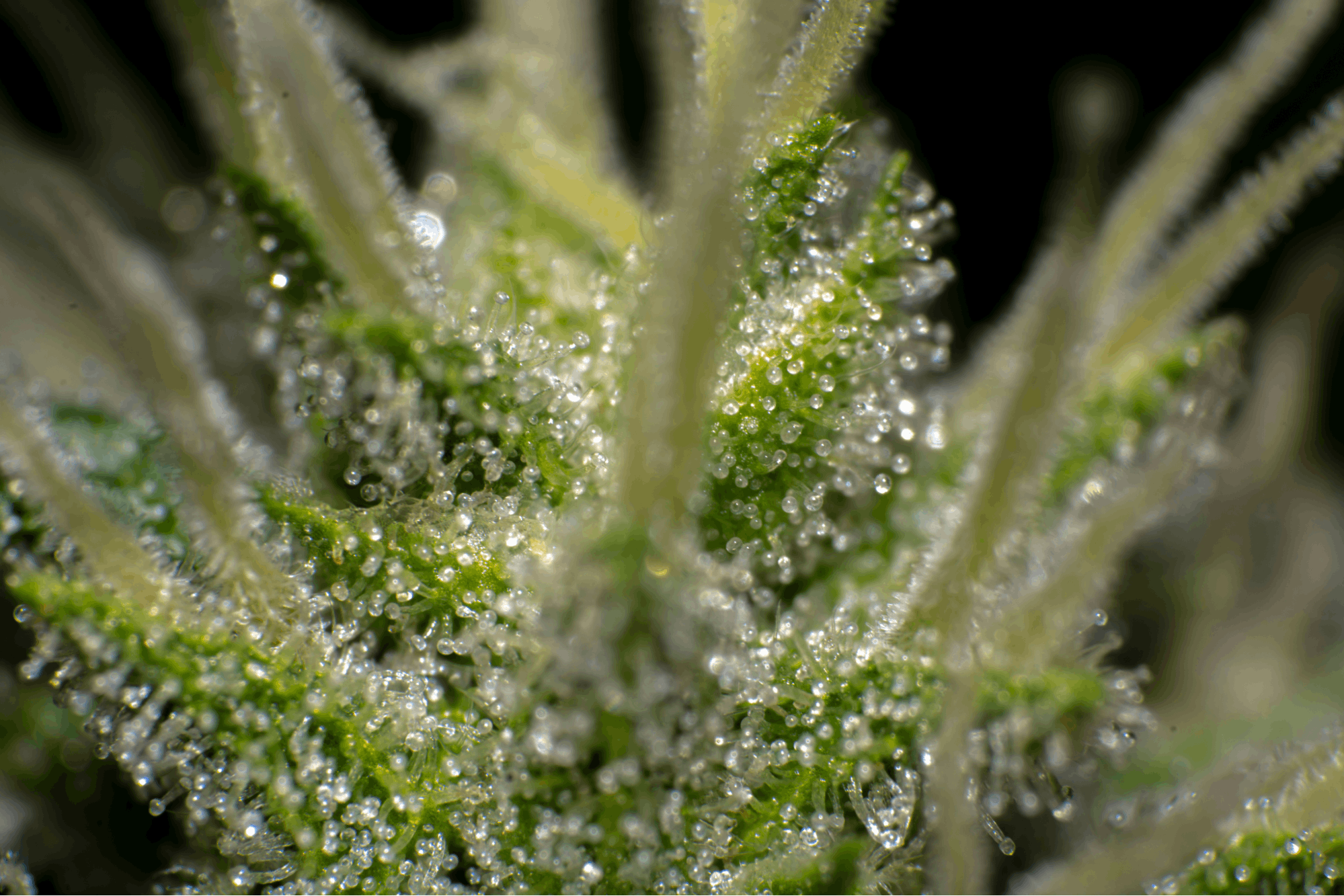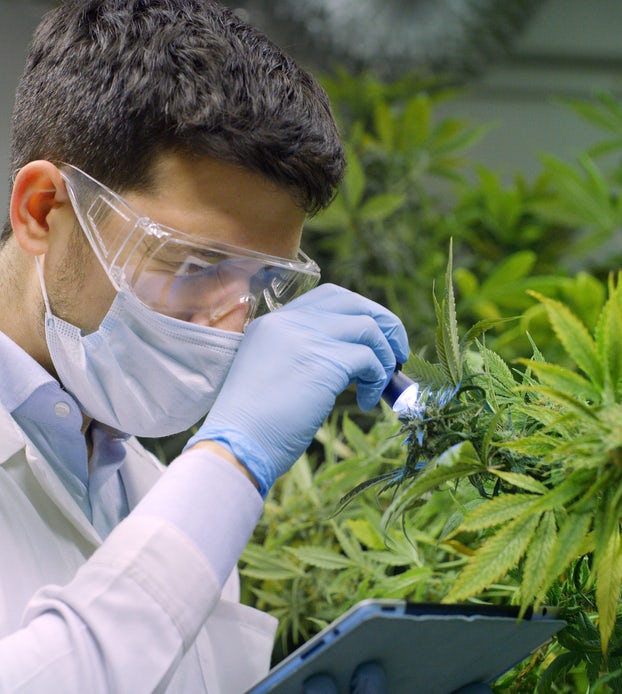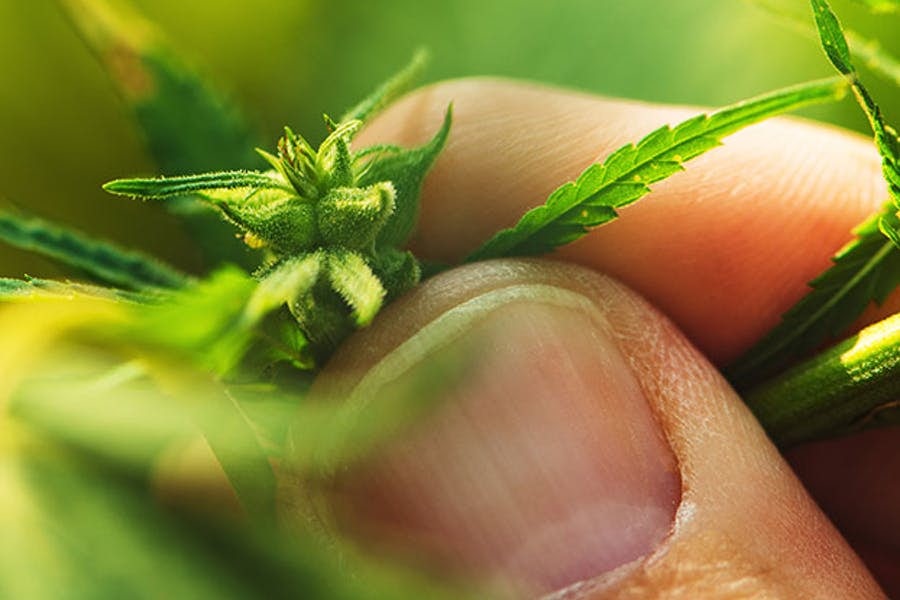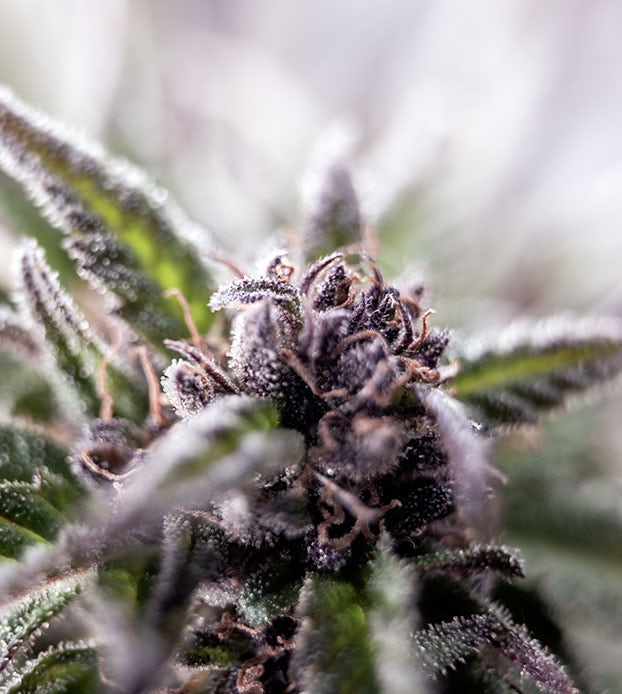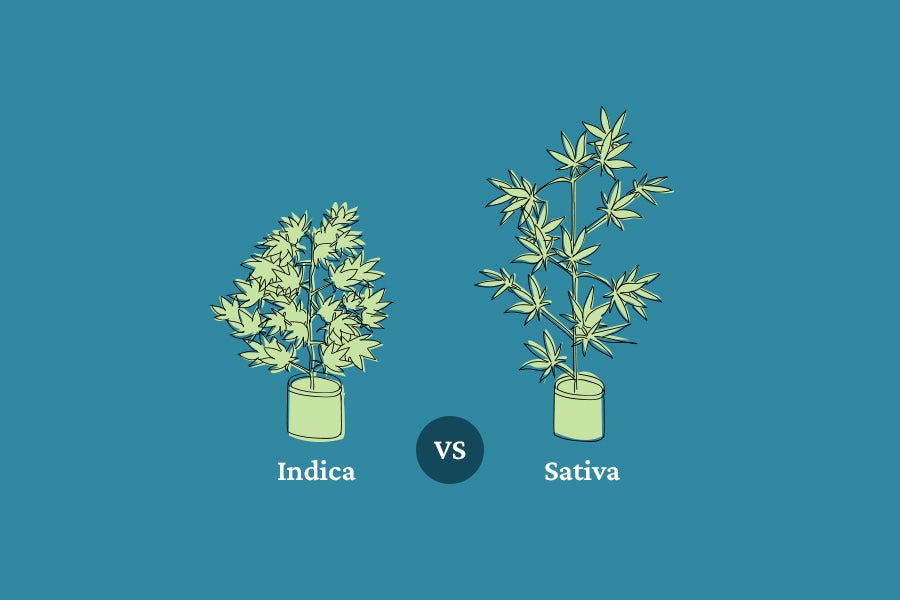If you enjoy cannabis, are you automatically a stoner?
Well, there’s a few different definitions of what a stoner is. The dictionary definition of stoner is someone who habitually uses cannabis. But those are vague guidelines; what actually constitutes habitual use?
That depends on who you ask, but a 2021 study found that most cannabis users could be defined as stoners. So do you get lumped in with the Cheechs and Chongs of the world the moment you start to consume cannabis?
No, because being a stoner is about more than just smoking weed.
What is a stoner?
As cannabis consumption becomes more widespread and less stigmatized, it’s worth examining what exactly constitutes a stoner.
There is no medical standard for what constitutes regular cannabis use, but typical categorization includes daily, weekly, less than daily or less than weekly use. “Heavy” cannabis use is commonly interpreted as daily use, while “frequent” use is interpreted as weekly.
But the medical guidelines for cannabis use don’t define what it is to be a stoner, because being a stoner goes beyond using the plant; it’s a self-identifying term that links to cannabis culture. Stoner culture has its own aesthetic, movies, TV shows, and even music that can bring people together. Of course, you can use cannabis regularly without considering yourself a stoner if stoner culture doesn’t resonate with you.
The origins of the term stoner to describe people involved in cannabis culture are unclear. Some believe it derived from “stonato,” an Italian word for being bewildered, dazed, or confused, while others see it as a cooption of the 1930s slang term for being intoxicated with narcotics.
The stoner stereotype
In pop culture, calling someone a stoner typically brings to mind the image of a man. Sometimes these men are lazy and underachieving, living in mom’s basement and working at a fast-food restaurant, while others are rappers, jazz musicians, or hardcore gamers. They wear tie-dye shirts, baggy pants, beanies, and skateboard shoes and can be easily identified by the types of music they listen to. This is not entirely off-base from reality, where men are twice as likely as women to use cannabis, but certainly these stereotypes do not capture all weed smokers.
There’s less of a centralized image of what it means to be a female stoner in a culture dominated by men. But women are quickly closing the gap as weed becomes more easily accessible. In 2021, women made up 59% of new cannabis users.
Stoner myths: fact, fiction, or misunderstandings
Being a stoner comes with the weight of many stereotypes, some of which are rooted in reality and others that can be debunked in a puff of smoke.
Fact
Stoners are scrawny
While this is a generalization and stoners come in all sizes, there’s actually some truth to this myth. A 2019 study showed that cannabis users tend to weigh less than their non-consuming counterparts. The exact reasons for this are unknown, but the endocannabinoid system is a major modulator of bodily functions. Changing endocannabinoid levels have been positively associated with BMI, while obesity is associated with reduced CB1 receptors in certain tissues.
Additionally, stoners’ inclination for working out, as mentioned above, and the appetite suppressing properties of certain cultivars of cannabis may have something to do with it.
Stoners age faster
This one depends on how you consume cannabis. A 2020 study compared cannabis smokers to tobacco smokers and non-smokers and found that cannabis smokers aged over 10% faster than their counterparts. But this study only examined 11 cannabis-exclusive smokers and 114 cannabis and tobacco smokers, so the results are far from concrete. Additionally, the study didn’t include the use of cannabis through edibles or tinctures, none of which have the same known health risks as smoking.
Fiction
Stoners are lazy
While parents everywhere lean on this claim hoping to steer their kids away from cannabis, a 2021 study found the opposite was true. In a survey of over 2,000 people, scientists found that frequent cannabis users were actually more active than their non-consuming peers. These findings supported a 2019 study that reported cannabis users regularly exceeded the recommended amount of physical exercise.
Stoners are bad employees
If you’ve been told cannabis use will make you unemployable, you’re not alone. But a 2020 study refutes this, finding that not only does cannabis use not harm your work performance, it may actually improve it, thanks to cannabis’ ability to help you relax, reduce stress, and sleep better.
Stoners wear certain clothes
Saying all stoners dress the same way is like saying everyone who drinks alcohol dresses the same way. While guidelines for “dressing like a stoner” typically include tie-dye, baggy clothes, and an overall comfy aesthetic, there are all different types of stoners. The growing popularity of cannabis means that each stoner defines what their personal aesthetic looks like.
Misunderstandings
Stoners are addicts
Daily cannabis use has long been decried by the government and concerned parents as an addiction. And while it is possible to get addicted to cannabis, there are also a variety of medicinal benefits that necessitate daily use, particularly for people dealing with chronic pain, PTSD, seizures, and severe anxiety and depression.
Daily cannabis use doesn’t automatically mean you’re addicted, particularly if cannabis is treating a medical condition or if you’re using it responsibly. However, if you find your cannabis use is working to the detriment of your daily responsibilities without medicinal benefit, it may be time to take a step back.
Stoners have dark circles under their eyes.
Here the science is less tenable. A quick Google search for cannabis and dark circles pulls up many question forums and very few scientific studies.
Dark circles appearing under your eyes after smoking may be less connected to the cannabis itself, and more of an indicator of your body’s overall hydration level, according to at least one aesthetician. The scientific jury is still out on this one, but it’s always a good idea to stay hydrated when you consume cannabis.
Famous people you didn’t know were ‘stoners’
It’s not just Snoop Dogg and Wiz Khalifa who enjoy the plant. From athletes and entrepreneurs to musicians and scientists, cannabis helps people of all professions relax and tap into their creative side. Here are a few celebrity stoners you may not know of:
- Michael Phelps
- Rihanna
- Kareem Abdul-Jabbar
- Bill Gates
- Jay Z
- Bill Maher
- Lady Gaga
- Jerry Garcia
- Carl Sagan
- Kirsten Dunst
- Megan Rapinoe
- Brad Pitt
- Oliva Newton John
- Whoopi Goldberg
- Ben and Jerry (yes, the ice cream guys)
- Shakespeare
- Louis Armstrong
Do stoners live longer?
This is a loaded question that’s still hotly debated among scientists. The short answer is there’s no clear correlation between cannabis use and longevity of life. There are benefits to weed use, and there are detriments.
- Low doses of cannabis reduce stress, but smoking can create oxidative stress in the lungs.
- Cannabis can alleviate anxiety, but heavy use can increase depressive symptoms.
- As mentioned above, cannabis users tend to weigh less and work out more than their non-consuming counterparts.
- Cannabis users have better sex, but men are affected differently than women.
There are a few known factors that contribute to cannabis’ impact on your life.
- When you start smoking. Cannabis use in early adolescence is linked to health and cognitive issues, which can shorten life expectancy.
- How you consume cannabis. While smoking cannabis isn’t as harmful as smoking tobacco, long-term smoking can still have a negative impact on your overall health in a way not found in edibles, tinctures, and vapes.
Breaking the stoner stigma
There’s no denying that cannabis is having a moment in the spotlight. Never before have so many people advocated so openly for the legal use of cannabis; an astounding 91% of Americans think weed should be legal.
But the normalization of cannabis largely exists in areas of privilege, specifically among white Americans. This is not to say that the stigmas around cannabis use are not changing and dissolving, only that we still have a long way to go before toking up is seen as normal or even a positive thing. As laws continue to change and the recreational and medicinal markets continue to evolve, cannabis use has come a long way, but stoners still have a long road ahead.
Sign up for bi-weekly updates, packed full of cannabis education, recipes, and tips. Your inbox will love it.

 Shop
Shop Support
Support


